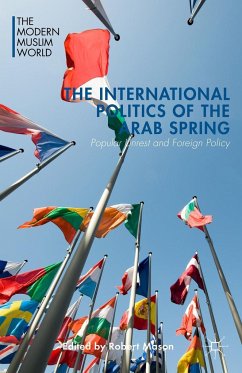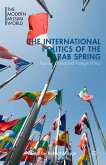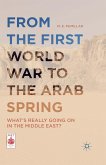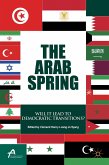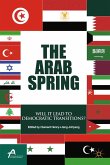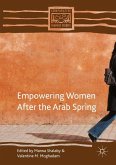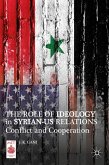This book explores and analyzes how the Arab Spring has affected the political and economic relationships between the West, the BRICs (Brazil, Russia, India, China, and South Africa) and the MENA (Middle Eastern and North African states). It locates continuity and change in these relations within the broader context of democratization, energy, security, arms relationships, and the shift towards a multi-polar system. Each chapter charts a history of ideological engagement, which has generally given way to more pragmatic energy, economic, and security interests, and defines and analyzes the fundamental and emerging factors that shape foreign policy. The volume pays special attention to the UN Security Council authorization of "all necessary measures" against Qaddafi's Libya and the subsequent deadlock in getting China and Russia to pass further Resolutions for intervention in Syria.
"The Arab Spring laid doors open for yet more realism and pragmatism to dominate world politics. This collection reminds us of the centrality of the MENA region in the struggle between interests and alliances." - Youssef M. Sawani, University of Tripoli, Libya
"This volume highlights the irony of the Arab Spring an attempt to seek political solutions and change economic fortunes that has achieved neither of those goals. Instead, a power struggle between and among nations and non-state actors has sent the global balance of power into a spin, eroded US influence, and thrown up the possibility of a multi-polar world." - N. Janardhan, Middle East Institute, USA
'This is a timely and very welcome collection exploring a much neglected side of the recent turmoil in the MENA region. It is important reading for all those interested in international relations, international organisations, political turmoil, and the MENA area. I recommend it strongly.' - Leila Simona Talani, King's College London, UK
"This volume highlights the irony of the Arab Spring an attempt to seek political solutions and change economic fortunes that has achieved neither of those goals. Instead, a power struggle between and among nations and non-state actors has sent the global balance of power into a spin, eroded US influence, and thrown up the possibility of a multi-polar world." - N. Janardhan, Middle East Institute, USA
'This is a timely and very welcome collection exploring a much neglected side of the recent turmoil in the MENA region. It is important reading for all those interested in international relations, international organisations, political turmoil, and the MENA area. I recommend it strongly.' - Leila Simona Talani, King's College London, UK

